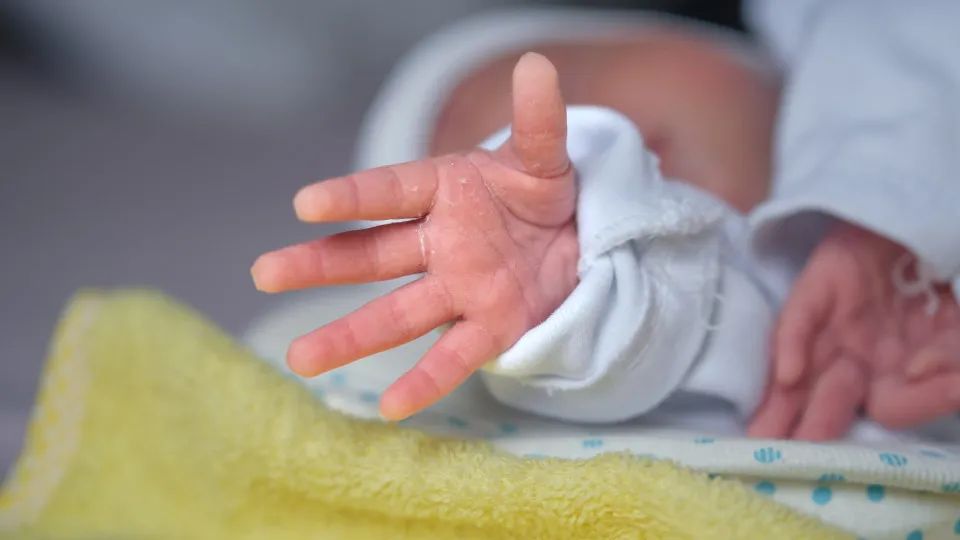
The Associação Portuguesa de Mulheres Juristas (APMJ) has released a public statement, signed by its president, Maria Teresa Féria de Almeida, urging the Prosecutor General, Amadeu Guerra, to reconsider a decision that they claim violates international and constitutional norms. The association calls for the annulment of regulations that undermine the specialization in combating violence against women and protecting children and urges the government and the Assembly of the Republic to strengthen the resources of the Public Prosecutor’s Office.
APMJ expressed deep astonishment and repudiation over the notice, considering it a reversal of professional gains in fighting violence against women. They argue it contravenes norms related to maternity protection, illness assistance, and equality in career access, affecting a sector where women are disproportionately impacted.
Echoing sentiments from the Sindicato dos Magistrados do Ministério Público (SMMP), the association believes the movement and its rules on magistrate aggregation represent a significant regression in specialization. This could compromise investigations in jurisdictions like family courts, where violence against women and children constitutes a large portion of cases.
APMJ argues that the magistrate movement’s provisions, justified by the CSMP due to human resource shortages, contradict international conventions on women’s rights and gender discrimination as well as Portugal’s Constitution and the Public Prosecutor’s Statute.
The notice’s stipulations, which exclude magistrate candidates who might be unavailable for over 60 days from September 1, 2025, to August 31, 2026, predominantly affect women, who currently make up the majority of the Public Prosecutor’s Office workforce, comprising 1,183 women and 539 men.
APMJ criticizes the decision requiring female magistrates to commit to not becoming pregnant or ill, not assuming caregiver roles, and not undergoing fertility treatments for twelve months.
The association contends that rather than addressing the feminization of the profession with structural reforms to balance work with personal life and respond to maternity-related absences, the CSMP has restricted women’s access to certain positions, excluding and penalizing them for their gender.
APMJ cannot accept that the lack of human resources results in the de-specialization of Public Prosecutor magistrates in investigating violence against women and family and juvenile jurisdictions. They reject claims that the increasing number of female magistrates is causing judicial delays, thus barring women from positions.
In a parliamentary session in September 2024, former Prosecutor General Lucília Gago sparked controversy by highlighting the high number of women in the judiciary and prolonged absences due to maternity while addressing resource shortages in the Public Prosecutor’s Office.
The Prosecutor General’s Office has denied that the magistrate movement jeopardizes specialization, stating the aim is to optimize resources.
IMA // FPA
Lusa/fim




